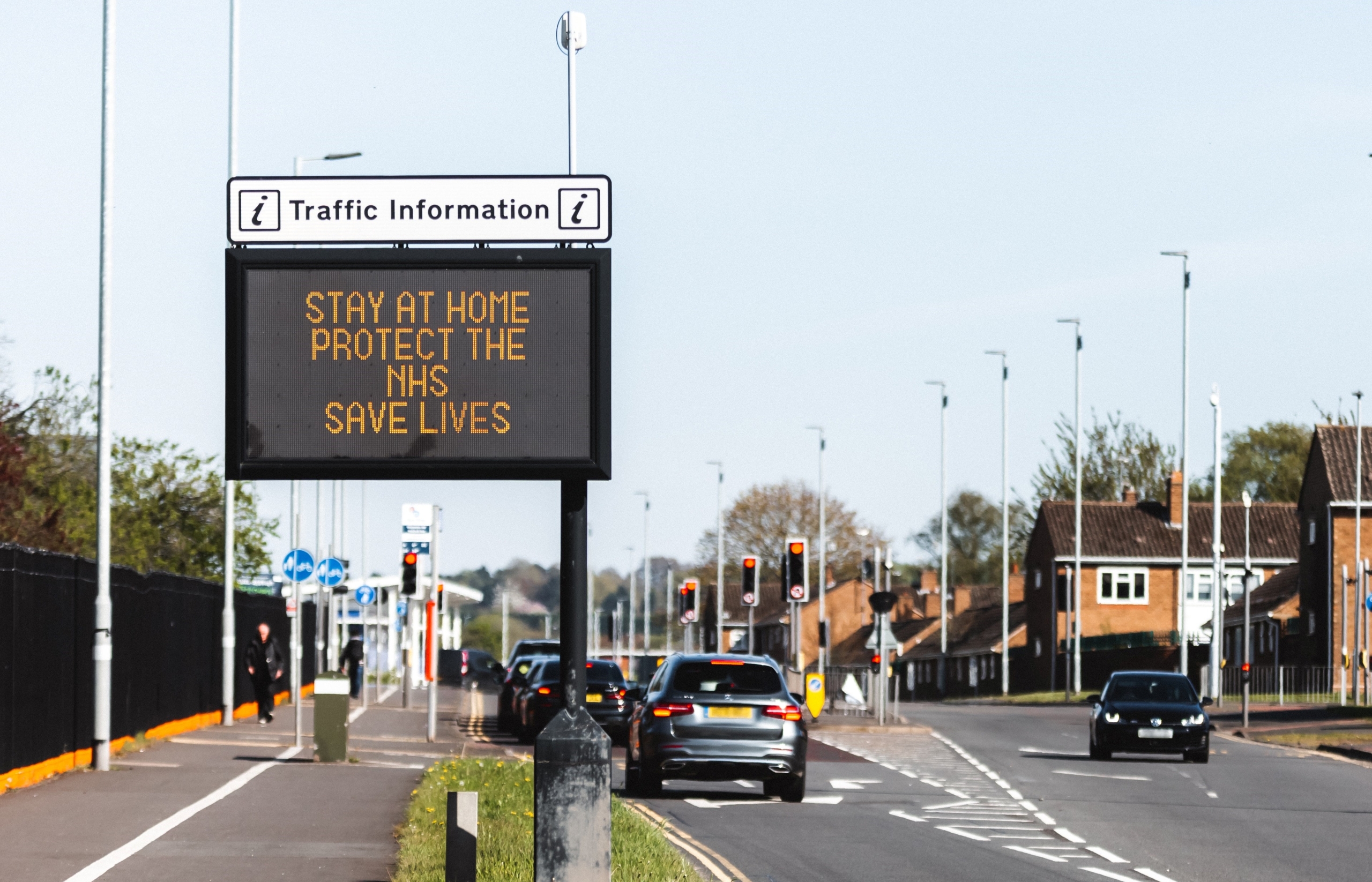Six lessons businesses need to learn in order to ‘build back better’ after the crisis
29/01/2021

The threat of this pandemic has brought the fragility of our civilisations into stark relief. It will focus policymakers and businesses alike on the importance of protecting and strengthening the health of our communities and our planet. Unfortunately, Covid-19 is not the only threat we face. Climate change, and its related impacts on weather, food, water and social and geo-political stability, will become increasingly disruptive. If we see Covid-19 as a foreshadowing of these future crises, for which we were warned[1] – yet unprepared, what can businesses learn about how to respond to such crises? Drawing on my research experience together with the insights of other business professors around the world[2], here are six recommendations:
1.Don’t just manage risk, build resilience
Businesses (and indeed governments) often find it difficult to plan for major events such as pandemics and climate change because it is hard to understand large, complex systems and all their relationships. As human organizations, we run the risk of paralysis if the disaster is major and imminent, or apathy if the disaster is slow and distant. An alternative to preparing for a specific disaster is to focus on building resilience, defined as the ability to respond and adapt quickly to any new situation. The following five recommendations can help achieve this.
2. Protect and strengthen sources of supply
Global supply chains are often opaque which means the risks created by poor ethical and environmental performance are hidden. Businesses need to build transparent relationships with their suppliers, and build supply chains designed for resilience, not just for speed and cost. Moving towards more local supply chains can reduce risk and represent opportunities for building stronger communities. It is only by fully understanding our end-to-end supply chains that we can make them more resource efficient and circular, thereby stewarding the planet’s finite resources.
3. Build strong cross-sectoral relationships
The importance of relationships extends beyond suppliers. The pandemic has highlighted how critical it is for business, government and civil society to work together in the face of challenges which affect us all, something leading sustainable businesses have long recognised. In the context of the pandemic, governments have necessarily taken centre-stage. They are also (albeit belatedly) starting to lead the agenda on climate change. The UK government’s Net Zero commitment will entail a programme of legislation designed to rapidly decarbonise our economy. Businesses need to engage with this programme in a spirit of collaboration and innovation rather than defensiveness. NGOs too are valuable partners for business, offering expertise, legitimacy and access to communities. While building trusting cross-sector relationships undoubtedly takes time, they will yield rewards in a crisis. More than ever, Covid-19 has shown us the power of connection and the importance of looking at problems in different ways.
4. Let purpose be your guide
Navigating uncertainty, and being able to take a range of partners with you, means having a clear sense of your business purpose. What is your business actually there to do? What value does it create for customers, wider society and the environment? As the pandemic unfolded, we saw companies emerge as heroes or villans – some desperately hanging onto short term profits with no regard to the cost to individuals and society, while others prioritised their employees and their communities to preserve their long term reputation and the health of the society they ultimately rely on. Having a clear purpose, which is genuinely ‘lived’ within your organization guides rapid decision-making in the face of difficult trade-offs.

5. Scenario planning rather than forecasting
If purpose is your guide, the scenario planning is your map. Typically, business planning and forecasting can be very much an ‘inside out’ process where we forecast by extrapolating what has happened in the past. Scenario planning instead takes an ‘outside’ in approach and allows us to take a systematic approach to building resilience by understanding both vulnerabilities, but equally opportunities, against a range of possible future scenarios[3]. Our experience of using a scenario game in our sustainability teaching indicates that working with scenarios improves understanding of the radically different, plausible futures that could unfold in society, the interrelationship between business, society and the wider living world, and the agency different that actors have in society to either degrade, or regenerate society.

6. Innovate
If there is a silver lining to the dark cloud of the pandemic, it is that we have shown that we can rapidly adapt and change our behaviours when we have to. Many companies are taking the crisis as an opportunity to reposition themselves, moving business online, and meeting new or changing customer needs. Even the legal system, where cultural barriers to embracing technology were thought to be nigh on insurmountable, moved to virtual court hearings in two weeks. We should be looking to preserve the dramatic reductions in our businesses’ carbon footprints created by homeworking and drastically reducing travel and even take a serious look at the relevance of office buildings. There have also been positive changes in mindset that we could build on. During the lockdown, people are enjoying the effects of cleaner air, traffic free cities, and perhaps a reconnection with nature and the sanctuary of home, family and friendship. This presents opportunities for garden centres and electric car makers, but what other business opportunities might arise from these changes? And more fundamentally, can the pandemic engender a new awareness of our dependence on the planet’s resources.
As much as we are all keen to get back to some form of normality, putting our heads in the sand about the environmental and social crises that still loom is not an option. Instead, we should seize the moment to #BuildBackBetter, by being a little more humble about our business’ place in the world, more inclusive about who we serve, more outward looking in our visions of the future, more responsible for the effects we have and the challenges we face, and more ready to be a part of the solutions.
[1] The World Economic Forum’s Global Risk Report 2020 shows Climate action failure at #1 and Infectious diseases at #10 of the top 10 risks in terms of impact
[2] In particular, drawing on contributions made on the Network for Business Sustainability
[3] Engaging in scenario planning is a key recommendation of the Task Force in Climate Related Disclosures
Categories & Tags:
Leave a comment on this post:
You might also like…
From Sri Lanka to Cranfield: How a Commonwealth Scholarship transformed my environmental engineering journey
Hi, I’m Kavithanjali Uthayashangar and I’m here to tell you about my journey into environmental engineering. It began with a simple but powerful motivation: a desire to understand how engineering can ...
Inside the Air Transport Management MSc: Classes, assignments, and group project work
What’s it really like to study Air Transport Management at Cranfield? Adit walks us through a typical day, assignment expectations, and the excitement of hands-on group projects. This is the second of three blog ...
Using Factiva to research a company
If you’re tasked with researching a company, your first port of call might be to search Fame or EBSCO Business Source Complete. Your immediate reaction might not be to look at Factiva. However, for larger ...
How do I write a secondary reference … in the NLM style?
Secondary referencing is used when you’re reading a work which includes a quotation from another author, and you – the researcher – can’t obtain the original source. We always advise, where possible, to try to ...
Reaching new heights: How a Global Excellence Scholarship fuelled my aerospace dreams
Leaving my home in India to pursue an MSc in Aerospace Dynamics at Cranfield University was a leap of faith. Hi, I’m Oliza Kachroo and as an international student, the transition ...
How do I reference…when delivering a presentation?
Just as you cite and reference sources in written work, you should also acknowledge the sources you use or quote in oral presentations. Citing your sources in presentations provides your audience with information about the ...






